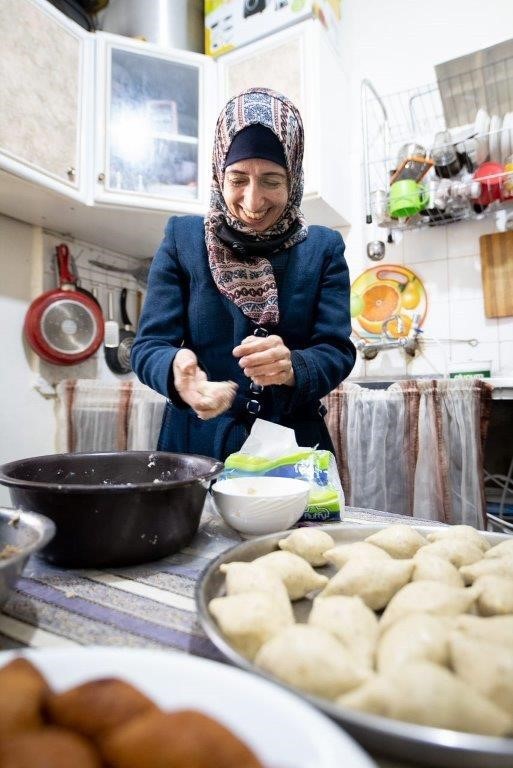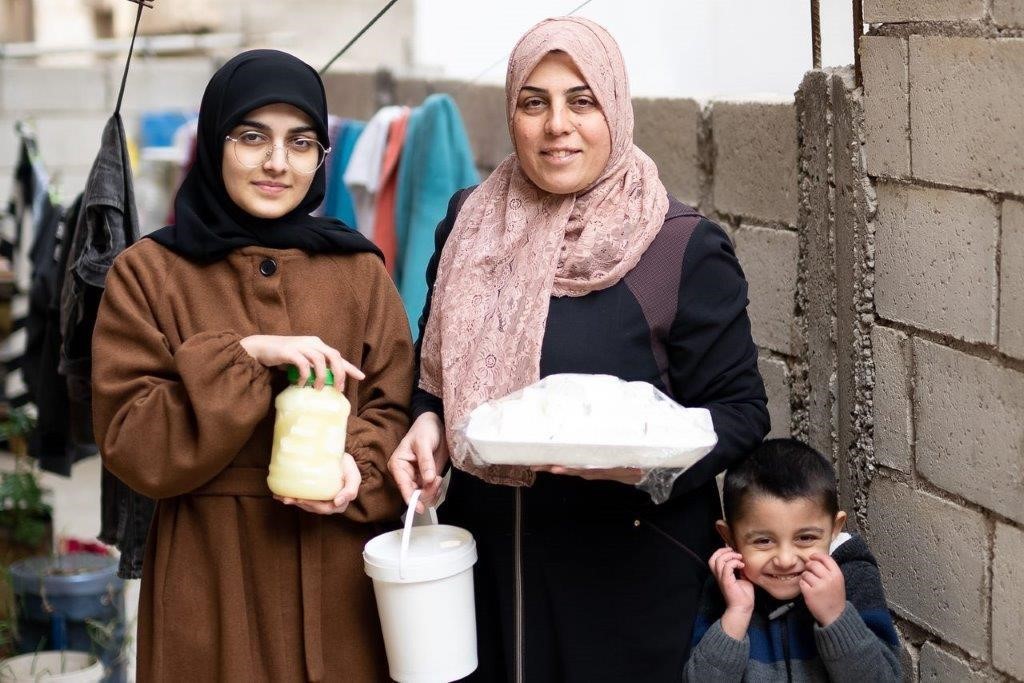AMMAN — Columbia Global Centers in Amman
and
CARE Middle East and North Africa jointly organized a virtual panel
event Monday on “Syrian Refugee Women
Navigating Work in Protracted Crises” to mark both International Women’s Day
and 11 years of the Syrian Crisis during the month of March, according to a
press statement.
اضافة اعلان
During the webinar — moderated by Associate
Professor of Forced Migration and Health Monette Zard at
Columbia University —
experts from the humanitarian and academic sectors shared their insights and
perspectives on women’s economic empowerment.
 (Photo: Columbia Global Centers)
(Photo: Columbia Global Centers)
During the webinar, experts also called on lifting
barriers to employment, increasing humanitarian funding for the Syria crisis,
and including refugee women in the policymaking processes.
Speakers examined the impact of policy decisions on
Syrian refugee women’s livelihood opportunities, and the limited impact of job
creation investments. They also explored how to include refugee women more
actively in the policymaking processes and the ensuing necessary programs and
policy shifts.
“Since the beginning of the conflict many men have
died, disappeared, been forced to migrate, or have been injured during the war.
Twenty-two percent of Syrian households are now headed by women. Not only do
women bear the burden of household responsibilities, but they also have an
additional role to play: that of the ‘providers’ for their family. CARE works
on innovative solutions to help women overcome existing barriers to employment
and livelihoods opportunities. With the right tools and knowledge, Syrian
refugee women in Jordan, Lebanon, and Turkey as well as inside Syria, can
navigate various uncertainties and become more self-reliant.” said CARE MENA
Regional Director
Nirvana Shawky, during her intervention.
 (Photo: Columbia Global Centers)
(Photo: Columbia Global Centers)
“In addition to their roles as caregivers, Syrian
women have entered the workforce in much greater numbers. Some Syrian women
have been able to establish home-based businesses, while others (17,626, or
23.9 percent of total permits issued) have obtained flexible work permits,”
said Deputy Representative to the UNHCR in Jordan Carolyn Ennis.
“Others find employment in the informal sector,
where they have fewer protections. Refugee women are increasingly becoming
primarily responsible for the resilience of their families and communities in
all aspects of their lives and have also gained new decision-making power,
confidence, and independence along the way,” Ennis added.
Drawing on her personal experience, Lina Zoabi,
alumni fellow at Columbia University’s Mellon Fellowship Program for Emerging
Displaced Scholars and PhD candidate of English Literature at
Karabük University, said: “As a Syrian refugee myself, I know that women refugees in
Turkey often work in blue-collar jobs, but these job opportunities are
irregular and limited.”
“Proficiency in the Turkish language, a lack of technical
and vocational skills, childbearing duties, and cultural norms are additional
barriers that humanitarian agencies need to address by adapting programming to
enhance livelihoods capacities,” she said.
Read more Business
Jordan News



